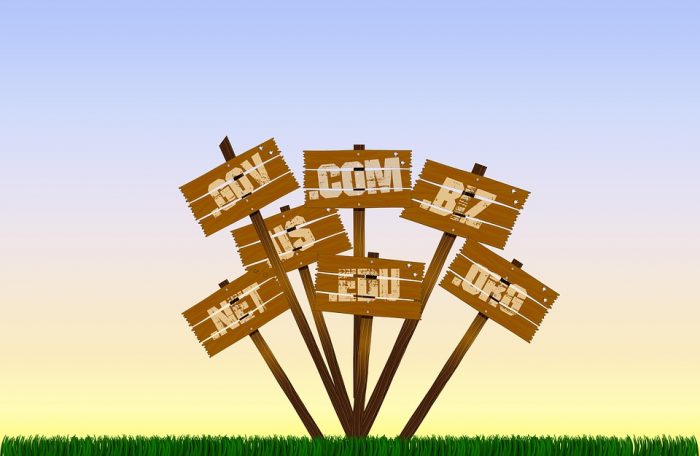Whether you’re just considering a run for office or you’ve already begun the process, even most local campaigns have an online component. There are many advantages to fundraising and advertising online. You can raise more money, increase exposure, and improve voter turnout.
Here are tips to establish your online presence and plan a website for your political campaign.
Get the right domain name
It all starts with the basics. That’s choosing a good campaign domain name. Simple is often best. And what could be simpler than your own name? If your name is John Jones, go with johnjones.com. If your name is already registered, try a variation of it (e.g., johnqjones.com).
You may want to avoid the year or the elected position you seek in your domain name. What if you win? You may still want to use your website after the election to keep in touch with constituents and recycle the domain for future elections. Again, simple is best.
Don’t make your domain too long. Even though you can have over 60 characters in your domain name, how many voters will actually remember to type a domain name like electjohnjonesformayberrytowncouncil.com?
Pick several domain names before you start, just in case your first choices are already taken.
While it’s possible to register the domain name of an opponent, we don’t recommend doing so. Underhanded tricks like that are easily brought to light and can backfire against you, particularly in smaller campaigns. Also, registering the legal name of an opponent and using it maliciously could get you into legal hot water.
At the same time, there isn’t much use in trying to purchase all of the domain names that could possibly be used against you. Instead, spend your efforts promoting your own message.
Basic political campaign website pages and features
Here’s a quick checklist of pages that any local political campaign website should include:
- Candidate Biography: Background information about the candidate.
- Issues pages: Stake your positions against those of your opponent.
- Endorsements: These can be included on their own page or scattered throughout the website. If you link directly to the source material, it’s even better.
- Campaign news page or blog: Featuring campaign news that is regularly updated.
- Contact or volunteer form: This should be included along with ‘real-world’ contact information. A good volunteer form that suggests ways that a volunteer can help may spur more responses. Someone might not want to do door-to-door solicitation for you, but they might put a sign in their yard or agree to send postcards to neighbors.
- Secure online fund raising.
- Voter registration information: If running for political office, be sure to link to your state’s online registration application.
- Contact Information: This can be for the organization or for specific campaign members (volunteer organizers, etc.).
Online Candidate website setup includes a questionnaire to help you plan your content, site features, and design elements.
Additional website features include:
- Links to your social media and donation pages.
- Ability to upload and download content: This provides easier distribution of policy papers, forms, etc. Let supporters print their own materials.
- Site Policies: Most people don’t read “legalese,” but a good privacy policy helps build trust, particularly with potential donors. It’s best to be restrictive with your privacy policy and promise not to sell or share visitor information with anyone.
- Printable Pages: Allow your visitors to print pages in a printer-friendly format.
Who should run your election campaign website?
Everyone has a role in a local campaign. Generally, the candidate focuses on campaigning; the campaign manager runs the campaign behind the scenes; the volunteer coordinator organizes the volunteer team; etc. Your campaign may want to recruit a volunteer web coordinator. They can post website updates, compose and send e-newsletters, set up your fundraising page, and handle your online advertising.
Whoever maintains your website should be responsible for working with others to maintain the campaign focus and theme online.
So now you know the answer to, “What do I need for a local campaign website?” And that’s just one aspect of running an online campaign. There’s also online fundraising, social media, advertising on the web, and your online reputation to manage.
It’s not easy, but like everything else in a political campaign, it takes proper planning and smart execution.
Running for Office as an Online Candidate is our exclusive e-book, packed with tips and strategies to develop and promote a local campaign website.
« 179 Years of Presidential Slogans [Infographic]What To Look For In a Political Website Builder »






